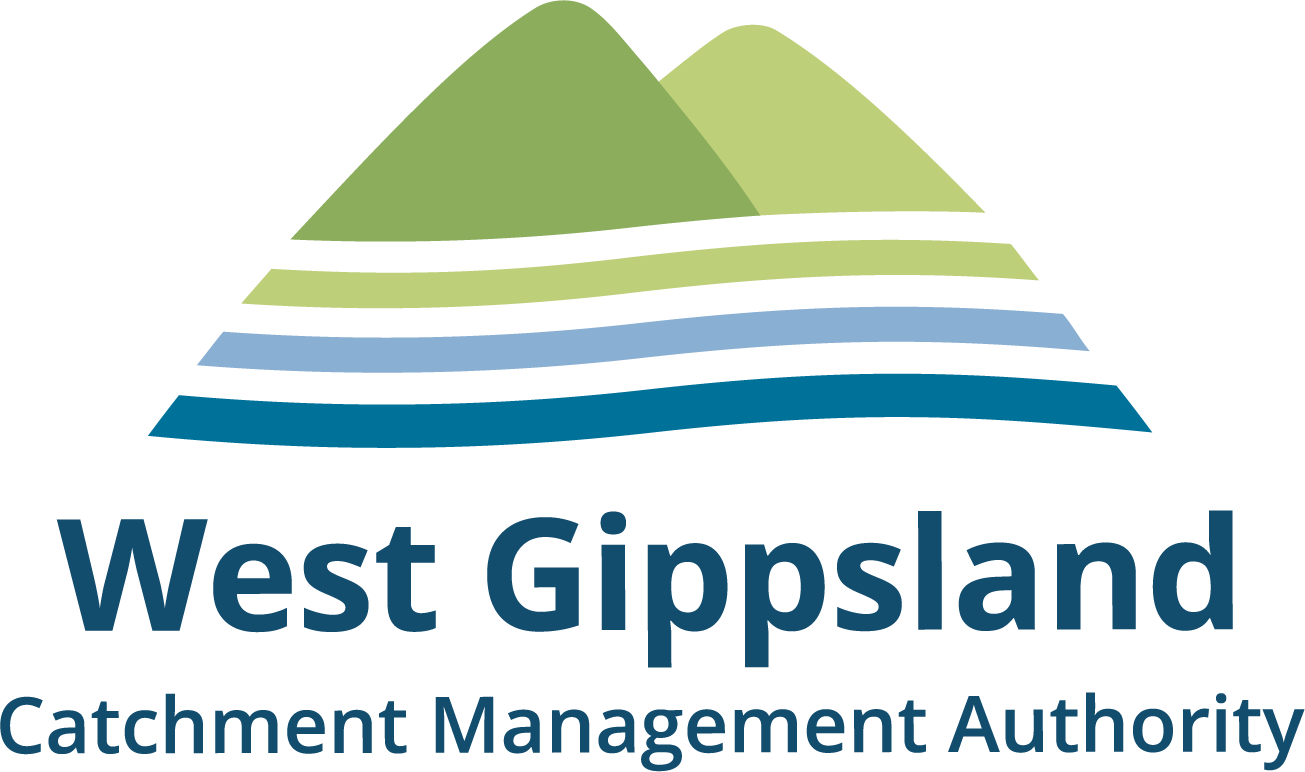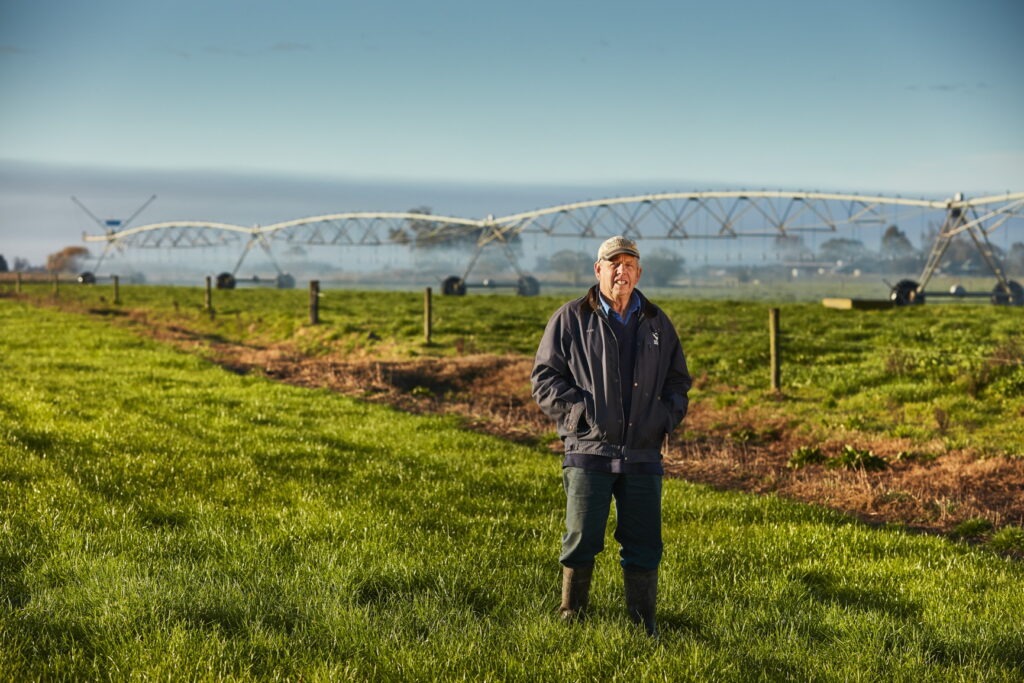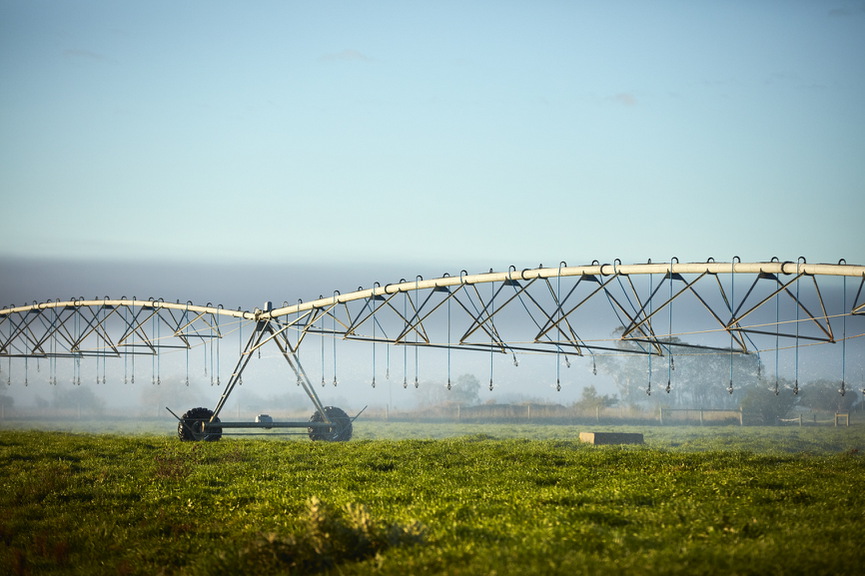Salinity in the Macalister Irrigation area
Salinity issues, like drought are cyclical. We have a run of good years and a run of not so good years. Thanks to drainage and irrigation efficiency improvements, and the trend toward a drier climate, these days salinity is typically only an issue in isolated locations.
However, during wet conditions, the water table rises and lifts the risk of salinity affecting farm production across a greater area. Like drought, it is possible to plan and intervene to ensure your business is as profitable as possible.
For more detailed explanation and discussion around how salinity might affect your farm we’d encourage you to speak to one of the local Agriculture Victoria team based in Maffra.
There are also resources you might like to look at on the Southern Rural Water and Agriculture Victoria websites.
2026 Salinity risk maps
This information is based on regional scale data and may not be accurate at a local farm scale. Areas identified as salinity risk are a guide only and may not represent actual observations on the ground.
Salinity – Historic Context
Irrigation induced salinity and waterlogging have been an ongoing presence in the Sale-Maffra region since large areas of the district first began to be irrigated in the early 1900s. By the late 1950s considerable areas of low-lying land were being affected by rising groundwater levels leading to waterlogged paddocks and salt damaged crops and pastures.
In 1959/60 the first of an intricate drainage network began to be established to help alleviate the problems. Today it consists of about 500km of constructed drains, 19 groundwater control pumps and one localised tile drainage system.
These drainage systems, combined with improving water use efficiency and irrigation modernisation, help lower the water table which means that saline groundwater stays below the root zone of crops and pastures therefore ensuring a sustainable and prosperous irrigation industry that is resilient to the variable nature of our climate.
This time lapse video shows the changes of salinity risk in the Macalister Irrigation area over the last 30 years.
Useful Contacts
WGCMA Sustainable Irrigation Team
ph: 1300 094 262
Agriculture Victoria – Maffra office
ph: 5147 0800
Southern Rural Water – Maffra office
ph: 1300 139 510









